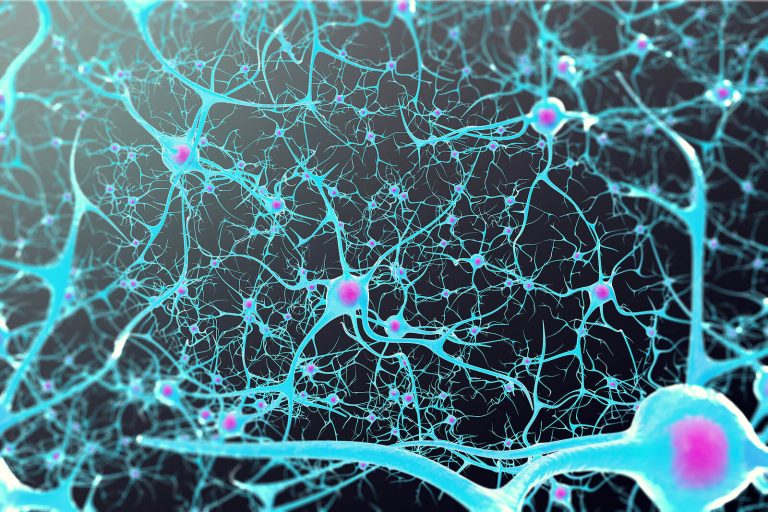The Practice of Gratitude

Practicing Gratitude is closely related to being thankful. Gratitude seems to be a buzz word in society. Many people are becoming more aware of the practice and the benefits of gratitude. To start, what is exactly is gratitude? Gratitude is a conscious, positive emotion one can express when feeling thankful for something. To take that to another level, the practice of gratitude requires acknowledging and consciously noticing someone else’s gesture towards you, the things that are going well in your life, and the things that bring you joy and happiness. It involves both a process of recognition of the positive and its outcome on your life. There have been many studies done on the practice of gratitude that suggest people who regularly practice gratitude experience more positive emotions, feel more alive, sleep better, express more compassion and kindness, and even have stronger immune systems. In addition, research has found that people who tend to be more grateful have more brain activity in the prefrontal cortex, the area associated with learning and decision making. There are clearly many benefits to practicing gratitude, so how do you start?
Like any skill, gratitude can be learned and strengthened. Here are some tips on how to practice gratitude:
- Start a gratitude journal: Journaling can be a good therapy technique. When you write, you use different parts of your brain and access memories and emotions from a new perspective. Many people find it beneficial to make a habit of writing down several things that you’re grateful for before bed. The subjects you write about can include events, people, and general experiences. Today there are templated gratitude journals you can buy and there are even gratitude applications you can use on your phone. When journaling be as specific as possible.
- Thank someone new every week: We are all interconnected in some ways. Gratitude is even more powerful when it is magnified. Every week, find someone new to thank for something. This can be done via email, phone call, text, note or gesture. This will help you stop to think about the people around you and find ways to observe the good of other people’s intentions.
- Pick on intention a day: Choose one thing a day to focus on. By doing this, you are focusing energy on one thing and allowing yourself to deepen the practice of gratitude. It is best if you pick an intention first thing in the morning and gently remind yourself of it throughout the day.
- Incorporate Mindfulness: Remembering to slow down and savor little moments in your life can be a way to cultivate gratitude. Tap into your 5 senses and let your mind linger on pleasant sensations. For example, focus on the taste, smell, touch, and texture of ripe strawberries when you eat it.
- Revisit and reframe past events: By finding lessons within the tough experiences in life, you can cultivate more gratitude. If you found the you were feeling a negative emotion about something that happened, think about ways you can view it in a more positive way.
Gratitude is a practice that is helpful for many people. November is a month for gratitude but you can start at any time. As you practice gratitude, you will have even more reason to have gratitude in your life! At Mountain Vista Psychology, we understand how challenging it can be and we are here to help, call us at 720.583.9332
Call For a FREE Consultation
We serve the Denver Metro area of Colorado. Click the button below to call and Schedule an Initial Consultation. To Schedule Neurofeedback or Testing please call us at 720-248-8603
Recent Articles
Dispelling Neurofeedback Myths
Neurofeedback has become increasingly popular as a therapeutic tool for clients, but it remains misunderstood by many. Misconceptions about its…
Autism Testing for Adults: Why Diagnosis Still Matters
What is Autism? Autism is a neurological difference that impacts how one scales social interactions, interpersonal relationships, and experiences the…
The Intersectionality of Autism & LGBTQIA Throughout the Lifespan
If you have a child (of any age) who you think may be Autistic, has been diagnosed as Autistic, or…
Autism Diagnosis Support Guide: Interventions, Therapy, and Accommodations for All Ages
Understanding Your Diagnosis An Autism or other mental health diagnosis may be very overwhelming. Understanding a diagnosis can help lessen…





